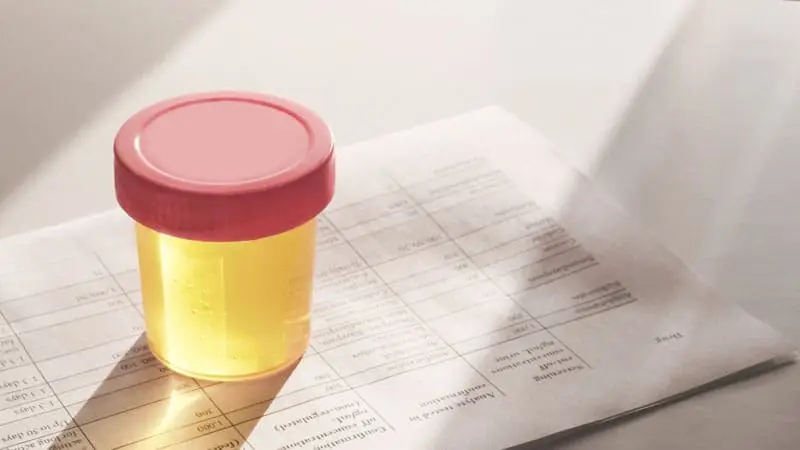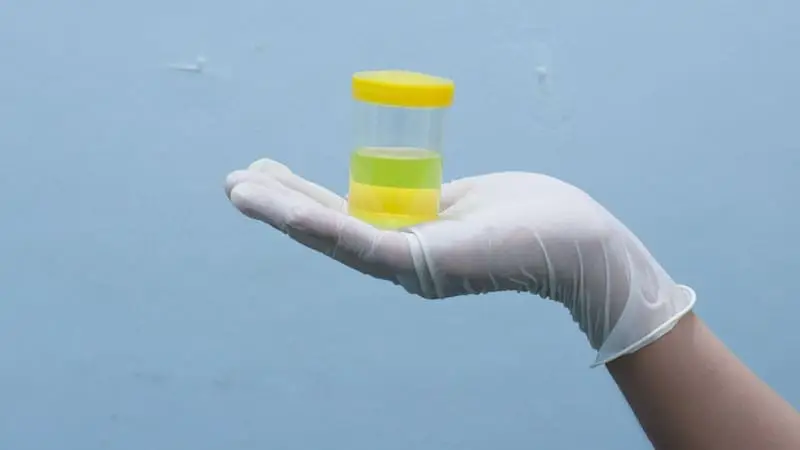
As one of the most commonly prescribed painkillers in the United States, Hydrocodone[1] is a medication with a proven ability to manage severe pain. However, it’s vital to consider the potential consequences of using the drug, including how long it stays in your system after consumption.
Whether you’re a patient taking hydrocodone for chronic pain or an employer conducting a drug test on an employee, knowing the timeline of hydrocodone’s effects on your urine can provide the necessary information to make informed decisions on its use.
How Long Does Hydrocodone Stay in Urine?
Hydrocodone is a powerful opioid medication used to alleviate moderate to severe pain[2]. While it can be an effective way of managing chronic aches, it also has the potential for misuse and addiction. If you’re facing a drug test soon, knowing how long hydrocodone lingers in your urine might be important information.
Hydrocodone’s persistence in your urine is heavily influenced by dosage, frequency of use, and individual physiology. Generally speaking, the opioid will remain detectable up to four days after cessation of consumption.
Hydrocodone can remain in your system for longer than four days, especially if you take high doses or use it over an extended period. Regular users may even have a buildup of the drug that lengthens its detection window beyond what is typically expected.
Being honest about your hydrocodone use during a drug test is key. Your healthcare provider or employer can offer advice to safely manage pain while staying compliant with tests.
What Affects Hydrocodone Detection Time in Urine?
Several factors must be considered when evaluating how long hydrocodone stays in your system.
- Dosage: The higher the dose of hydrocodone, the longer it takes for the body to eliminate the drug. For example, a high dose of 30mg can take up to three days to clear out of the system, while a lower dose of 5mg may only take a day.
- Frequency of Use: Frequent or chronic use of hydrocodone can significantly impact its detection time in urine. Someone who regularly uses hydrocodone may test positive for the drug longer than someone who only used it once.
- Metabolism: Metabolic rate is a major factor in how quickly drugs get cleared from the body. While some process substances rapidly, others face an extended detection period due to their slower metabolism rates.
- Body Fat: Hydrocodone is fat-soluble, which can accumulate in the body’s fatty tissues over time. People with more body fat may store more hydrocodone, leading to longer detection times.
- Hydration Levels: Drinking plenty of fluids helps to flush out hydrocodone and its metabolites from the body. If you are dehydrated, it may take longer for the drug to be eliminated from your system.
- Other Medications: Certain medications can affect the metabolism of hydrocodone and increase its detection time. For example, drugs like fluoxetine and paroxetine, used to treat depression and anxiety, can inhibit the enzymes responsible for breaking down hydrocodone.
Types of Drug Tests For Detecting Hydrocodone

When it comes to detecting hydrocodone in the body, there are various types of drug tests available. Below are some of the most commonly used:
Urine
The most common type of drug test to detect hydrocodone is a urine test[3]. This test is the most convenient and cost-effective. Hydrocodone can be detected in urine 3-4 days after the last dose. While this test is effective, it can also produce false negatives and false positives, depending on variables such as the amount of fluid intake, age, and overall health.
Blood
A blood test may also be used to detect hydrocodone in the body. This test is more accurate than a urine test but also more invasive. Hydrocodone can be detected in blood for up to 24 hours after the last dose.
Hair Follicles
If a healthcare provider wants to look further back for hydrocodone use, a hair follicle test may be used. This test can detect hydrocodone use for up to 90 days after the last dose. While hair follicle tests are highly accurate, they are expensive and take longer to produce results.
Saliva
A saliva test may also be used to detect hydrocodone in the body. This test is non-invasive and can detect hydrocodone use for up to 1-3 days after the last dose. However, the accuracy of salivary testing is limited compared to other drug testing methods.












